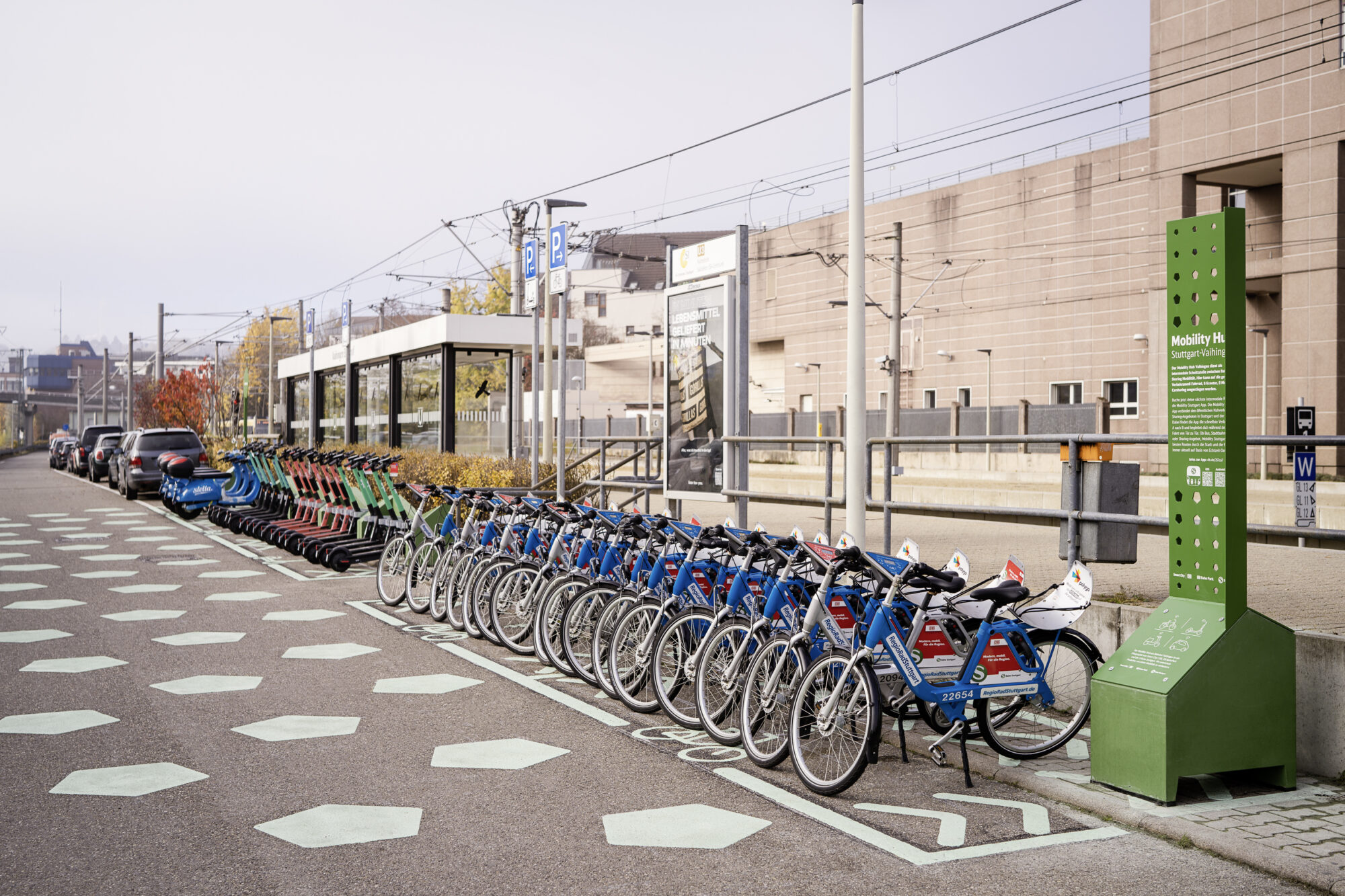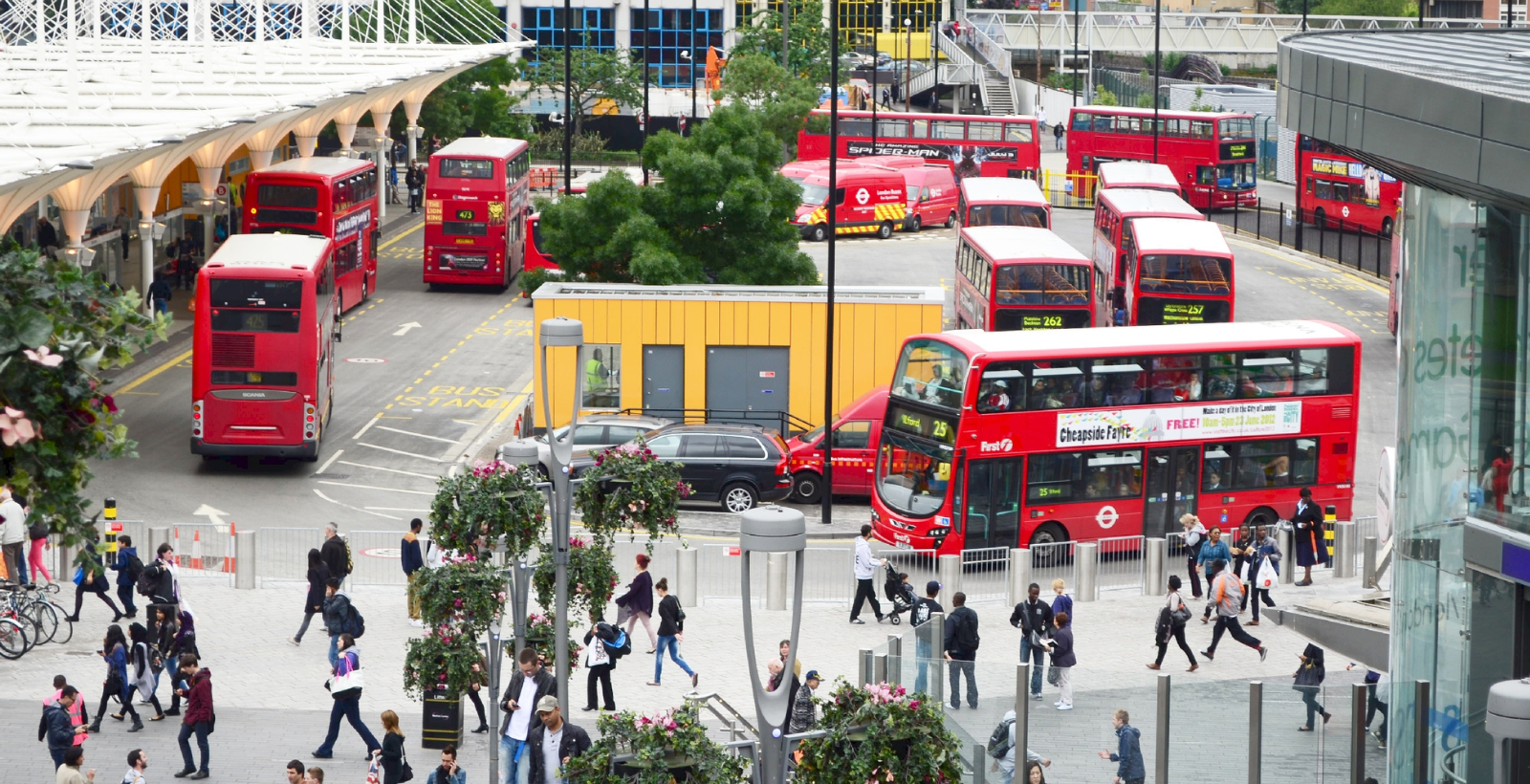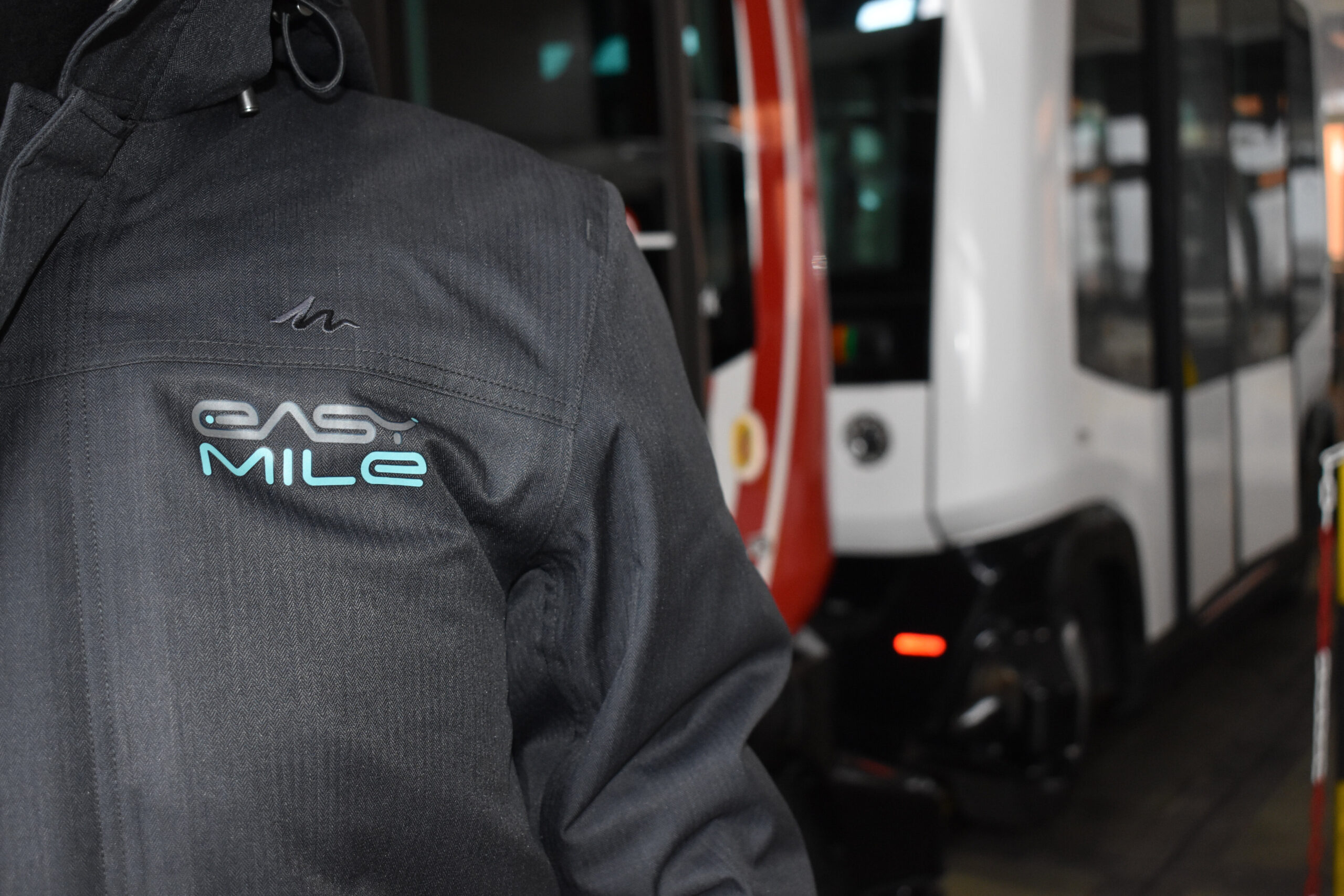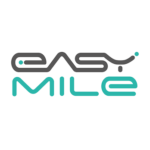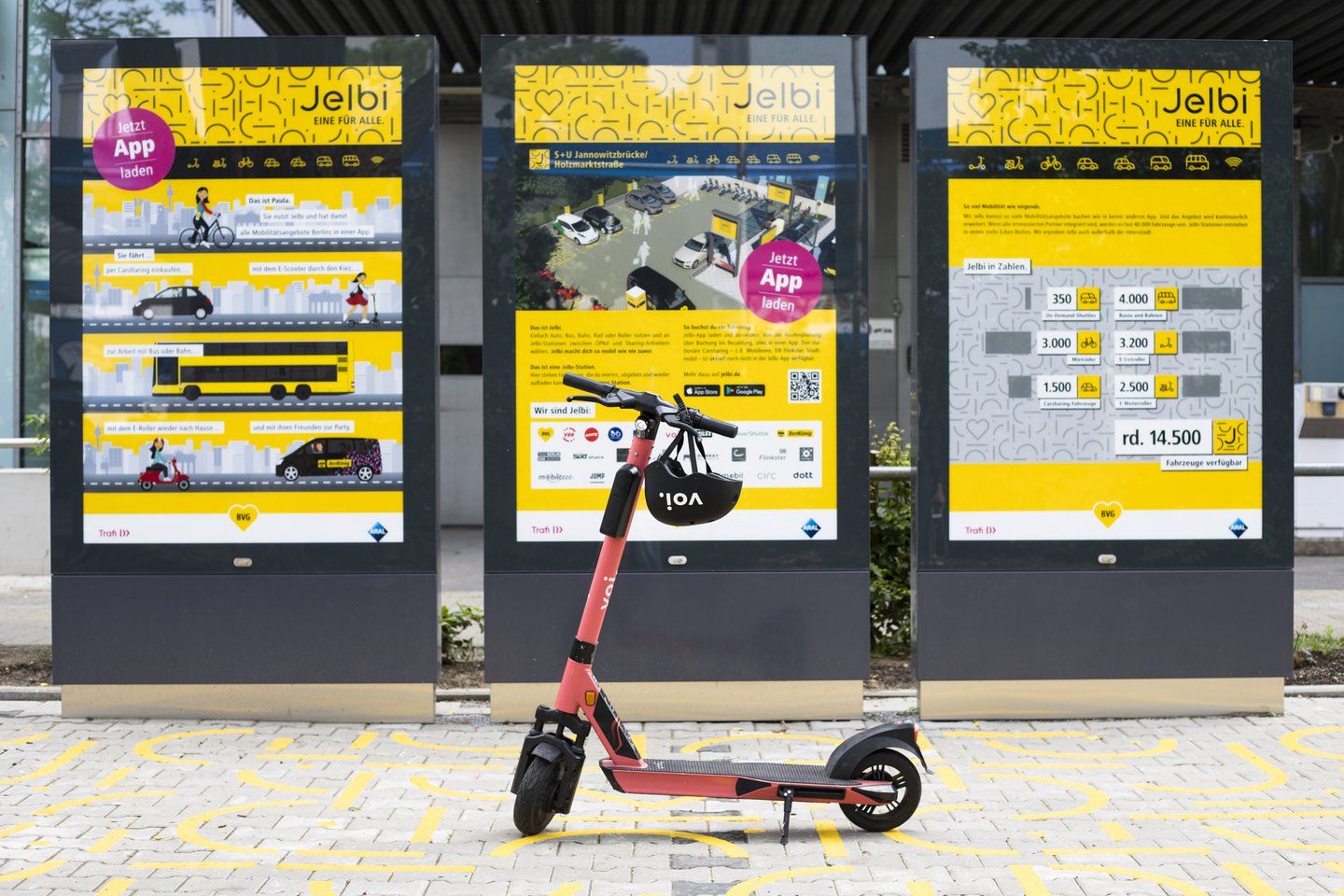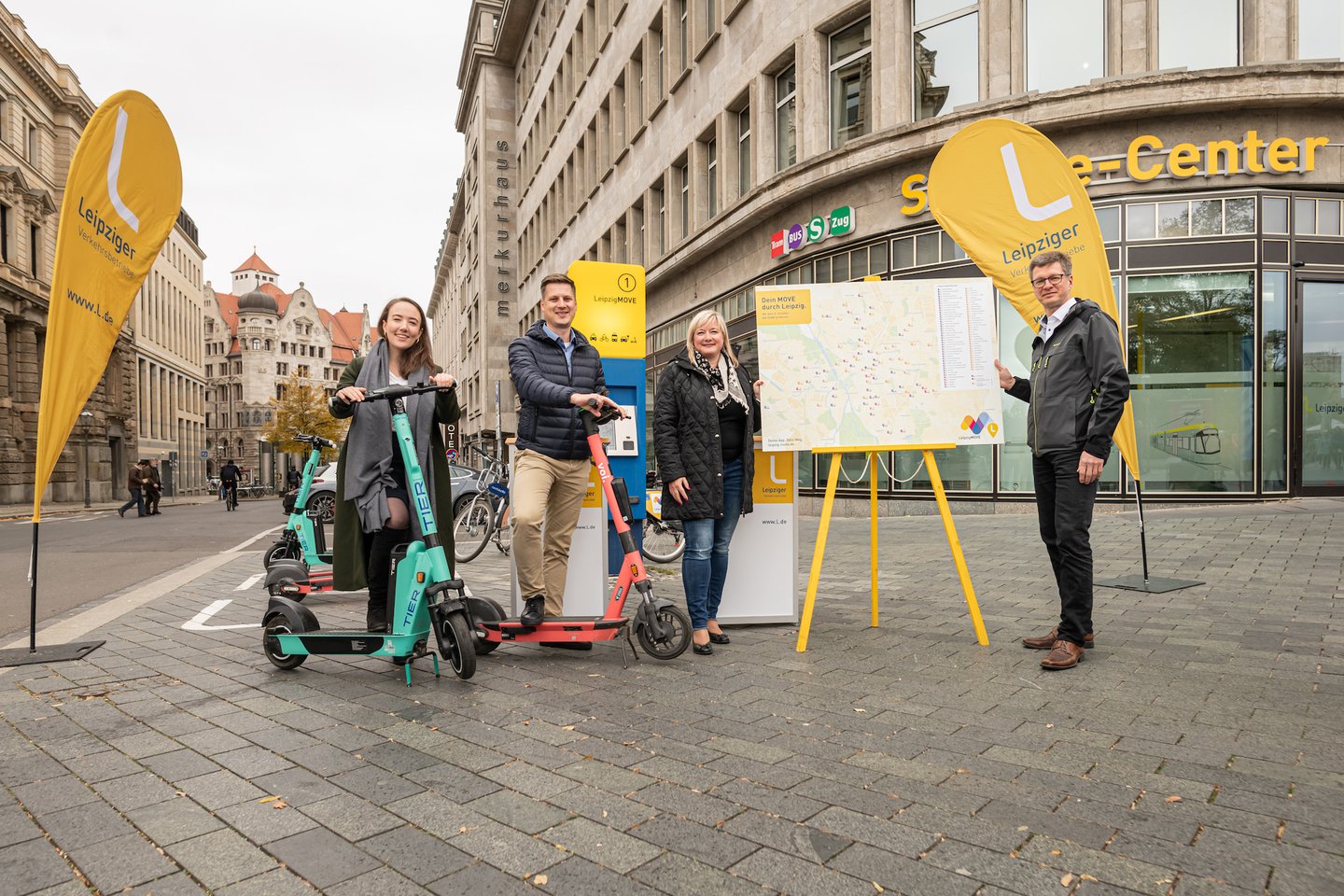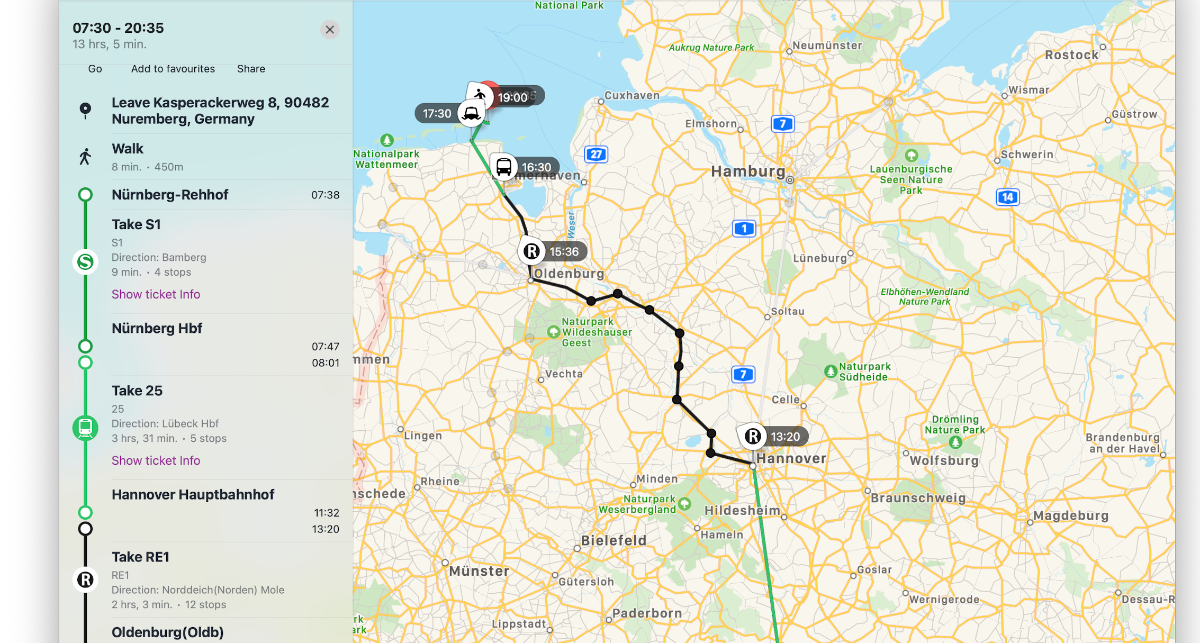In a recent study, Mobilitätswende 2030 (Mobility Transition 2030), DB Regio Bus, and the Fraunhofer Institutes IESE and ILM examined local public transport and concluded that the future of public transit is flexible and digitally networked.
The study outlined that passenger needs are a key criterion for attractive public transport, and climate targets can only be achieved with diverse, integrated and digitised mobility.
According to the study’s experts, mobility is attractive when people can access a wide range of transport options. In response to this need, Deutsche Bahn is already operating mobility hubs, such as the Stuttgart Vaihingen S-Bahn station, where passengers can digitally book climate-friendly mobility solutions and use them flexibly. These options include rental bikes, car sharing and charging stations for electric cars, alongside DB’s bus and rail services.
Frank Klingenhöfer, Member of the Board of Management of DB Regio Bus, said:Our passengers should be able to move around quickly and seamlessly in their everyday lives. With an intelligently networked public transport system, we are fulfilling the desire of many people to be flexible and mobile without their own car - even away from the big cities. This is our approach to integrated mobility. For more climate protection, a high quality of life and local public transport that is there when it is needed.
The study also highlighted that on-demand transport, which passengers request via an app, should play a key role in making future public transport more attractive. Although the regular bus remains a central component of a strong public transport network, it only fulfils its potential when it is linked to other modes such as on-demand shuttles.
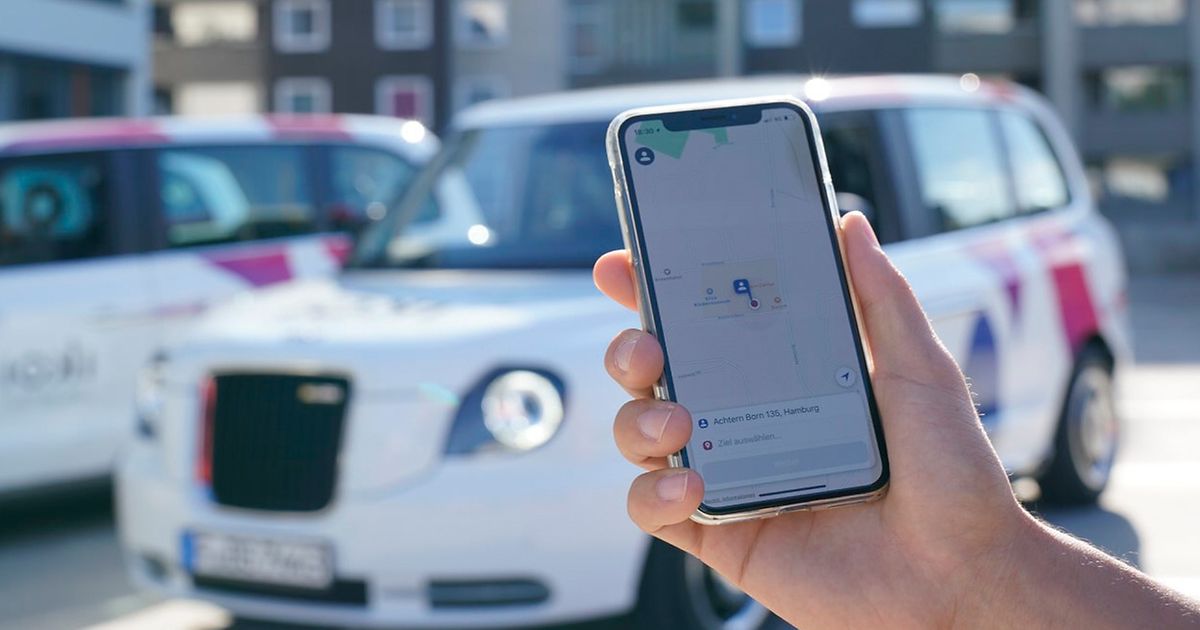
Svenja Polst, Senior Digital Innovation Designer at Fraunhofer IESE, said:Digitisation and networking are prerequisites for a new public transport system that is even more oriented towards the needs of users. At best, this new public transport system is so attractive that people prefer to use public transport instead of driving their own car. Because digitally bookable and data-based coordinated mobility offers create public transport with which you can travel comfortably and reliably from door to door. And not just in the metropolises, but also on the outskirts and in the countryside.
Throughout the study, DB Regio Bus and Fraunhofer Institutes IESE and IML investigated what road-based public mobility looks like today and how it can contribute to the mobility revolution of tomorrow. The research team explored common trends, conducted interviews with experts, and evaluated scenarios from the customer’s point of view.

